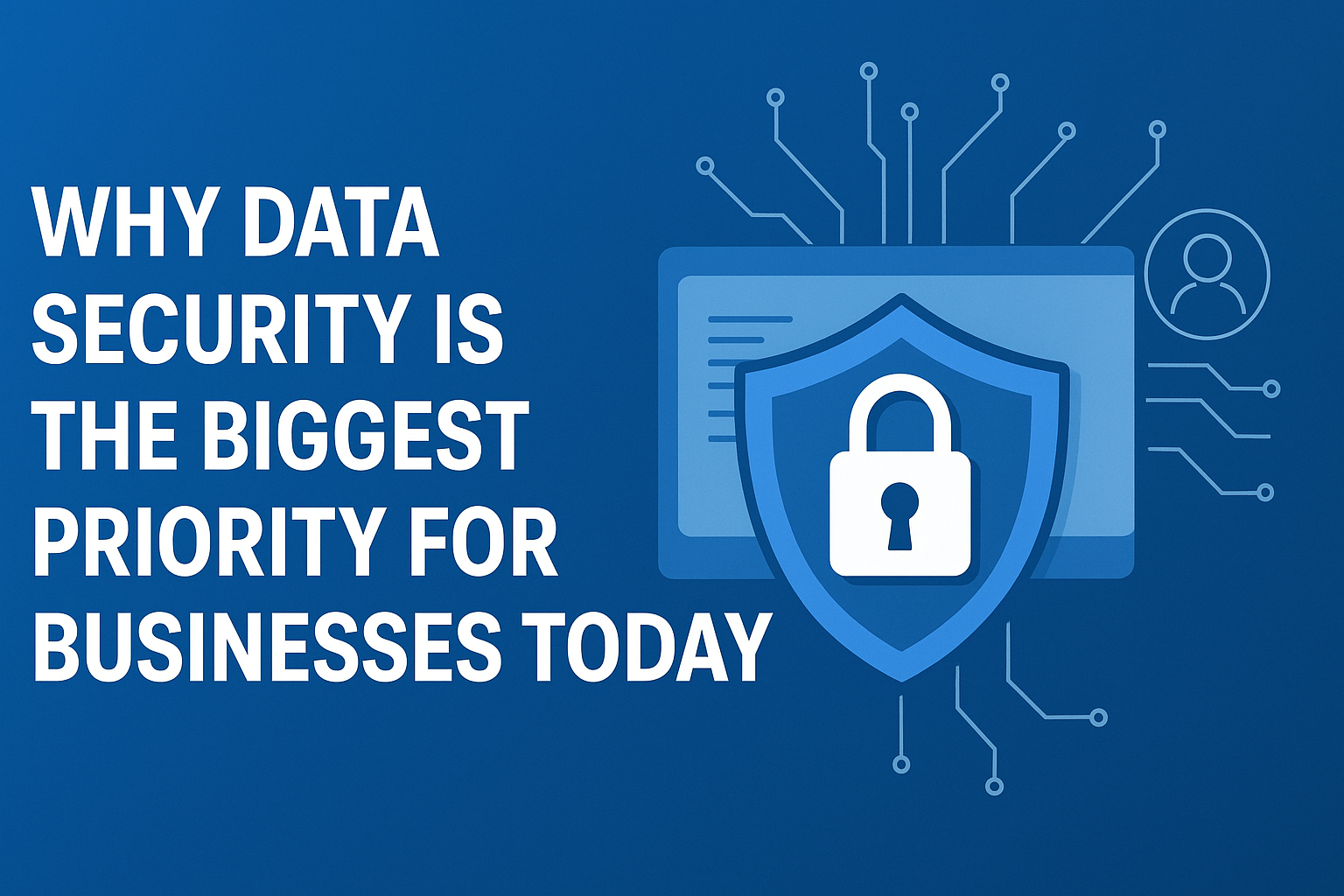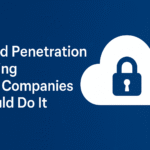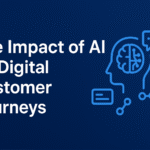Why Data Security Is the Biggest Priority for Businesses Today
In today’s hyper-connected world, every business—whether a small startup or a global enterprise—relies on data. Customer profiles, financial details, trade secrets, and analytics all fuel growth. Yet this very dependence also increases vulnerability. Why Data Security Is the Biggest Priority for Businesses Today is clear: one breach can erode trust, disrupt operations, and cause devastating financial losses.
Growing Cyber Threat Landscape
The modern threat landscape is broader and more sophisticated than ever. Hackers exploit weak passwords, unpatched systems, and careless handling of sensitive data. From ransomware attacks to phishing scams, organizations face constant risk. According to recent industry reports, cybercrime damages could reach trillions of dollars annually, making prevention a core business goal rather than a technical afterthought.
Compliance and Legal Obligations
Beyond reputation, companies must also satisfy strict data protection regulations. Laws such as the General Data Protection Regulation (GDPR) and California Consumer Privacy Act (CCPA) impose heavy penalties for non-compliance. Robust data security policies—encryption, secure access controls, and timely breach notifications—help businesses avoid fines and demonstrate accountability to regulators and customers alike.
Safeguarding Customer Trust
Trust is one of the most valuable assets a brand can hold. Consumers share personal details with the expectation they will remain confidential. A single security lapse can undo years of relationship-building. When organizations prioritize data security—through regular risk assessments, staff training, and clear privacy policies—they show commitment to customer safety, encouraging loyalty and repeat business.
Enabling Business Continuity
Cyber incidents can halt operations, interrupt supply chains, and cripple internal systems. Investing in strong firewalls, intrusion detection tools, and secure cloud storage helps protect business continuity. Well-designed backup and recovery plans ensure that even if an attack occurs, critical information can be restored quickly, minimizing downtime and financial impact.
Competitive Advantage Through Security
In competitive markets, companies with proven data security protocols often gain an edge. Clients, investors, and partners prefer organizations that proactively defend digital assets. Certifications such as ISO/IEC 27001 or SOC 2 not only demonstrate compliance but also build credibility, helping secure contracts and partnerships.
Best Practices for Strong Data Security
Implementing security is an ongoing process rather than a one-time fix. Key best practices include:
-
Encrypt sensitive information both in transit and at rest.
-
Use multi-factor authentication for account access.
-
Update software and systems regularly.
-
Train employees to recognize phishing emails and suspicious activity.
-
Perform frequent security audits and vulnerability scans.
These steps create a layered defense, reducing exposure to breaches.
Conclusion
Digital transformation offers unparalleled opportunities, but it also heightens exposure to cybercrime. Businesses that recognize why data security is the biggest priority for businesses today protect not just information but their reputation, finances, and customer relationships. By embedding security into every process, organizations strengthen resilience and position themselves for sustainable growth in an increasingly data-driven economy.






